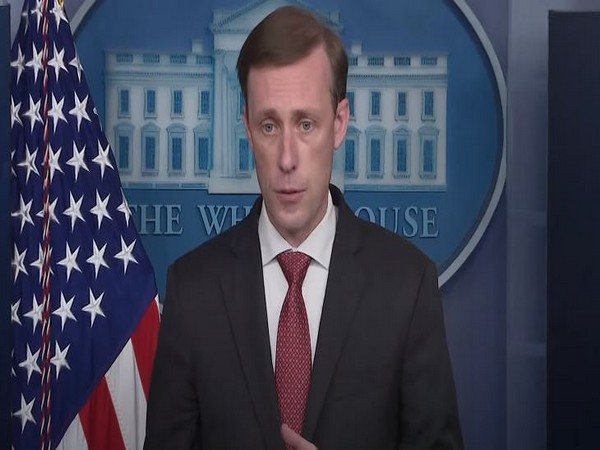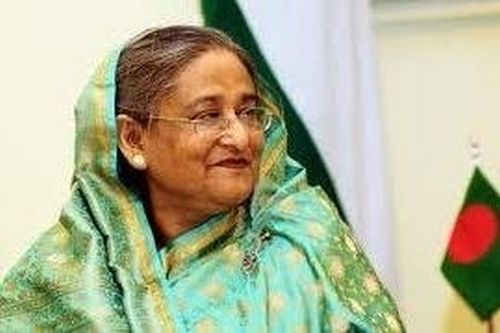Washington: The White House is ready to have talks with Russia without preconditions about a future nuclear arms control framework even as it is enacting countermeasures in response to Russian President Vladimir Putin’s decision to suspend the last nuclear arms control treaty between the two countries.
White House national security adviser Jake Sullivan will make clear the Biden administration’s desire for talks on building a new framework during an address to the Arms Control Association on Friday, according to two senior administration officials who previewed the address on the condition of anonymity.
Putin announced in February he was suspending Russia’s cooperation with the New START Treaty’s provisions for nuclear warhead and missile inspections amid deep tensions between Washington and Moscow over Russia’s ongoing invasion of Ukraine. Russia, however, said it would respect the treaty’s caps on nuclear weapons.
The officials said that Sullivan would underscore that the U.S. remains committed to adhering to the treaty if Russia does but will also “signal that we are open to dialogue” about building a new framework for managing nuclear risks once the treaty expires in February 2026.
The officials said that the Biden administration is willing to stick to the warhead caps until the treaty expires. Figuring out details about a post-2026 framework will be complicated by U.S.-Russia tension and the growing nuclear strength of China.
China now has about 410 nuclear warheads, according to an annual survey from the Federation of American Scientists.
The Pentagon in November estimated China’s warhead count could grow to 1,000 by the end of the decade and to 1,500 by around 2035.
The size of China’s arsenal and whether Beijing is willing to engage in substantive dialogue will impact the United States’ future force posture and Washington’s ability to come to any agreement with the Russians, the officials said.
U.S.-Chinese relations have been strained by the U.S. shooting down a Chinese spy balloon earlier this year after it crossed the continental U.S; tensions about the status of the self-ruled island Taiwan, which China claims as its own; U.S. export controls aimed at limiting China’s advanced semiconductor equipment; and other friction.
The White House push on Moscow on nuclear arms control comes the day after the administration announced new countermeasures over Russia suspending participation in the treaty.
The State Department announced Thursday it would no longer notify Russia of any updates on the status or location of “treaty-accountable items” like missiles and launchers, would revoke U.S. visas issued to Russian treaty inspectors and aircrew members and would cease providing telemetric information on test launches of intercontinental ballistic missiles and submarine-launched ballistic missiles. The United States and Russia earlier this year stopped sharing biannual nuclear weapons data required by the treaty.
The treaty, which then-Presidents Barack Obama and Dmitry Medvedev signed in 2010, limits each country to no more than 1,550 deployed nuclear warheads and 700 deployed missiles and bombers and provides for on-site inspections to verify compliance.
The inspections have been dormant since 2020 because of the COVID-19 pandemic.
Discussions on resuming them were supposed to have taken place in November 2022, but Russia abruptly called them off, citing U.S. support for Ukraine.






